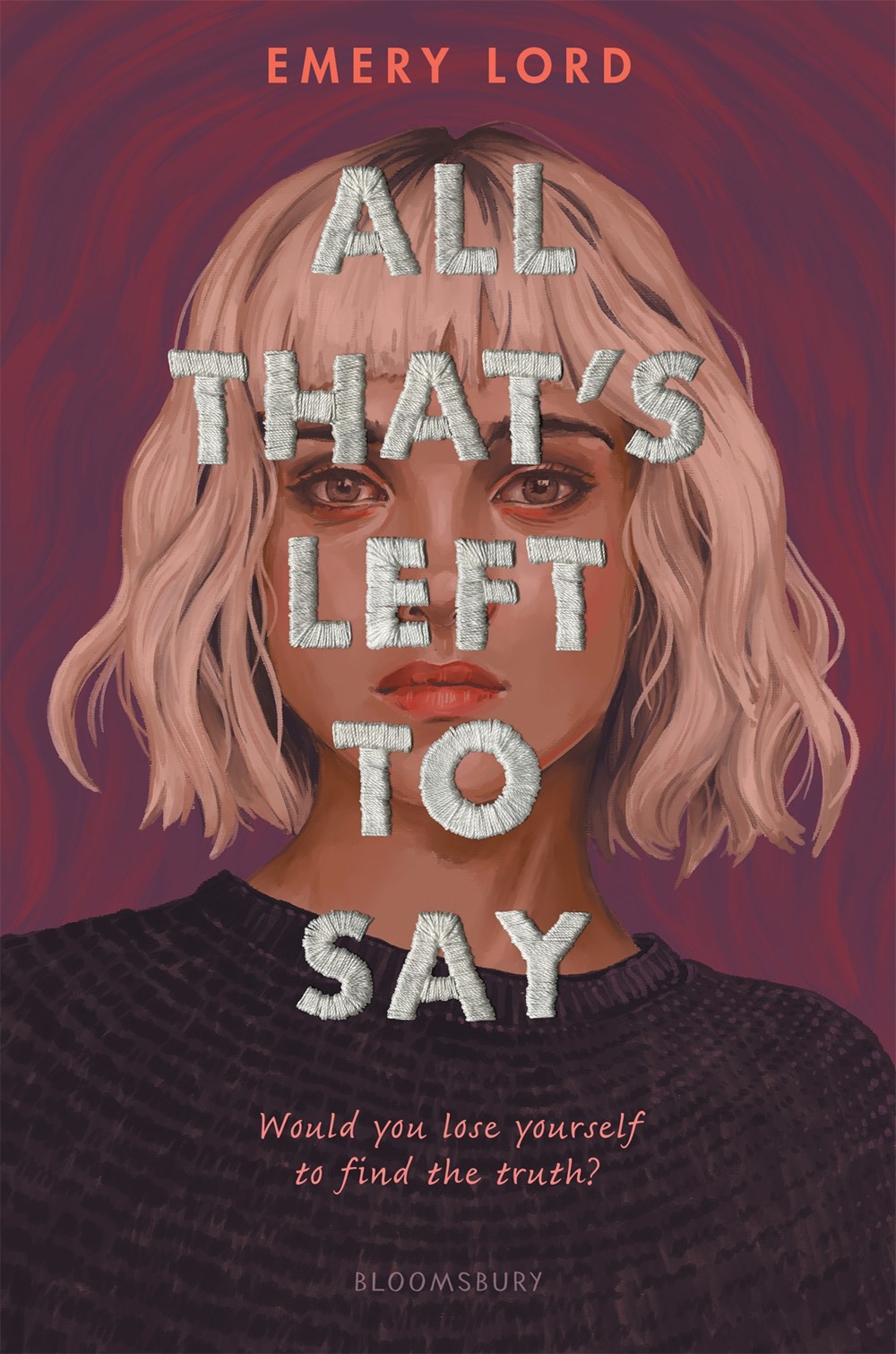
By Emery Lord
“On prom night, Hannah MacLaren sits in the headmaster’s office in her fanciest dress, soaked to the bone. She is in huge trouble after pulling the fire alarm right as the prom queen was about to be crowned. But Hannah had her reasons . . . One year ago, her cousin Sophie, who was also her best friend and the person she loved most in the world, died of an overdose. Drowning in grief, Hannah became obsessed with one question: Who gave Sophie those pills? Who is refusing to give her family the closure they deserve? Then she concocted a plan: enroll at her cousin’s fancy private school with a new look and a mouthful of lies, and finally uncover the truth. But Hannah didn’t expect all the lines to blur. She didn’t expect Sophie’s friends to be so complicated. She didn’t expect to fall for her longtime enemy. Now, she must choose to either let herself really mourn Sophie and move on, or see her search through to its explosive end—even if it means destroying herself” (Goodreads).
This book took on a huge undertaking. It explored a really tough topic – the opioid epidemic – and one girl’s grief as she deals with her cousin’s overdose and death. I thought it handled the importance of the issue well and conveyed the pain behind opioid use, while also representing the side of the family and friends involved. The mystery of the drugs’ origin kept the story going and remained the focus, but Lord did an amazing job of showing how deep down, Hannah’s attempts to solve the mystery were just a destructive coping mechanism. This is not any ordinary high school mystery/thriller.
I’ll discuss this more in the style section, but the dual-timeline strategy just didn’t work for me. It made everything confusing and hard to remember what Hannah knew at different points in the timeline, which kind of twisted up the plot for me. Otherwise, the plot was really solid. I’ve seen some people complain that the final revelations were not very exciting or twisty, and that Hannah was annoyingly obsessed with Sophie’s death, but I honestly thought it was a great representation of grief and focusing on the wrong things.
If you feel that there is something unresolved about someone you lost, it can be easy to hyper fixate on it. Hannah was so relatable to me as someone who’s recently lost family members in my life. The obvious-ness and simplicity of the answer to the mystery showed that she was following a useless path of recovery. It mentioned how her aunt had worked to build a foundation in her daughter’s name, even though she also knew there were unresolved bits of Sophie’s story. She had tried to build something, where Hannah was trying to bring someone else down. I really loved that Lord pointed that out.
I also loved that they showed the two sides of opioid use – that we assume everyone who uses are burnouts or homeless people, and then are so confused when people we know and love overdose. Opioid use is not just for poor people or people we don’t know. Addiction can happen to anyone, and it is so important to offer recovery resources to everyone, not just the spoiled kids with rich parents who will do anyone to protect them, as this book discusses.
Lord did so well in portraying the fluctuating of Hannah’s relationships as she processes her grief and in showing how Sophie’s death impacted every aspect of Hannah’s life. The plot moved along nicely and at a good pace (though the dual-timeline kind of interrupted that).
The writing style itself was great. Hannah and the other characters were three dimensional and Lord was very descriptive. My only problem was the dual-timeline issue. I kept having to go back and check what point in the timeline a chapter was, or what Hannah actually knew at that point. It built some suspense in trying to understand what brought Hannah to infiltrate the school and why her relationships had changed so much, but it also made it confusing. It also seemed unnecessary. I honestly thought Lord could’ve used a linear timeline and it would’ve had the same impact.
I really liked the characters. Each one dealt with their grief in different ways and showed all the ways it can look. Each one felt like a real relationship Hannah might have that was impacted (negatively or positively) by Sophie’s overdose. There was a very tiny bit of romance, but I appreciated the character and how it didn’t take over the story. Hannah’s relationships with other women were also very strong and great to see how important they are. My only problem with a character was with Hannah’s best guy friend. He didn’t seem super important other than to show how she had pushed people away when Sophie died. I would’ve liked to get to know him more and see how his story ended. He seemed unnecessary otherwise.
In conclusion, All That’s Left to Say was a strong narrative commentary on the opioid crisis and all of the people a single person can affect. I would recommend it if you’re looking for a little bit darker and deeper novel. I will definitely be checking out more of Emery Lord’s work!
Content Warnings
A lot of discussion of drugs and the American drug crisis, as well as some strong language.

Leave a Reply
You must be logged in to post a comment.